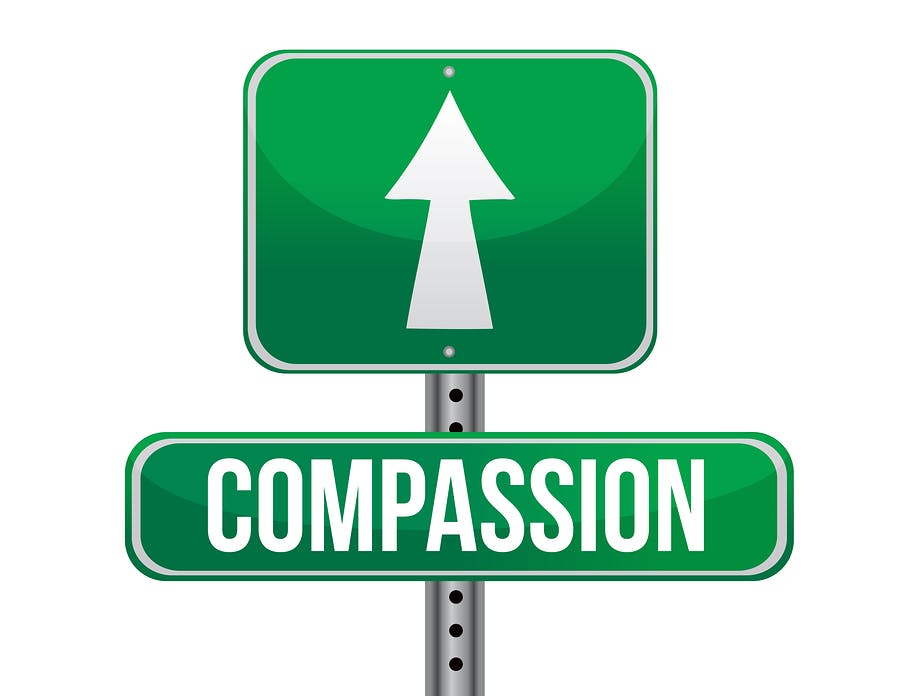A recruiting or sourcing career can be remarkably rewarding. Helping connect people to jobs is one of the most satisfying professional pursuits imaginable, regardless of which part of the strategy, search, or hire process you fulfill. However, it’s also an occupation that can be incredibly taxing and undeniably stressful.
Understandably, sourcers and recruiters experience fatigue simply related to the act of sourcing itself. Trying to uncover new candidates in highly competitive or rural markets can be exasperating. Conversely, having too many candidates can be another challenging issue for us. Sourcers and recruiters sometimes spend large amounts of time wading through the candidate pool just to find quality talent, or that needle-in-a-haystack background their req requires.
In addition, working with candidates is demanding, and it can be emotionally and psychologically fatiguing to hear about the challenging conditions of those seeking work, day in and day out. Their sometimes heart-wrenching stories and situations undoubtedly impact us, and there may be a cumulative effect over time. As recruiters and sourcers, we absorb a lot of personal information from their interactions with candidates, yet still have to maintain (and display) high levels of positivity and motivation.
To be more productive and resilient, we need to recognize signs of decreased compassion and emotional exhaustion, and learn how to fight this, in order to make the most out of our relationship-building knowhow. Without the ability to successfully source, attract, and engage candidates, even the least complicated searches can become difficult, unproductive, and frustrating for talent experts.
*For recruiters and sourcers working with high-volume reqs, staffing agency professionals processing candidates in a branch-setting, and fast-paced talent placement specialists at non-profits and government organizations, Compassion Fatigue may be a real impediment to success.
What is Compassion Fatigue?
- This condition was originally observed in medical personnel, particularly among those who interact with trauma victims.
- The groups initially identified included doctors, nurses, first-responders, psychologists, and social workers, but the concept has expanded to include many other professions.
- In essence, prolonged exposure to traumatized individuals and stressful situations can take its toll on caregivers and others who work with the public. This may result in the development of symptoms associated with Compassion Fatigue.
- Warning signs may be similar to depression, such as anxiety, hopelessness, persistent stress, a negative attitude, cognitive dysfunction, and low energy.
- As the name suggests, it also includes a characteristic decrease in one’s sense of compassion towards others.
- Compassion Fatigue is a lot more serious than burnout, or the feeling of simply being overwhelmed.
Why should we care?
- A decrease in compassion affects our networks, and this affects the strength of our recruiting efforts. If our capacity to relate to candidates and referral-sources is diminished, and we aren’t building meaningful connections with those who can help us in our efforts, our recruiting suffers.
- It impedes our ability to see the “big picture.” We may find it hard to think outside-the-box, generate new ideas to try or to or get an accurate understanding of candidates’ needs and abilities.
- It can damage our status, the image of our company, and possibly the reputation of our clients. If we provide candidates with a listless, callous and/or uncompassionate experience, they may share this with others in their networks. Bad reviews, which travel faster than good ones, can erode the reputation of our organization, and/or the clients we serve.
What we have to do:
- Know that it’s alright to feel anxious and drained, because listening to candidates’ personal and professional concerns, worries, and challenges can indeed be troubling.
- Recognize when you are “short” or dismissive with candidates, networking contacts, and others you may interact with.
- Take a moment to self-reflect, try to see things from a more positive angle, and talk it out with your colleagues or team members to gain additional insight.
- Keep your Cs at the center of your recruiting process, and a priority in all of your conversations: your company, your clients, and your candidates.
- If you start to notice that you do not treat your candidates as individuals, or give them as much personal attention as you can, ask yourself why. The point is not to overextend yourself, but to enrich the candidate experience, and enhance your own rate of success.
- Even if you decide that candidates aren’t a match for your role, decline them gently.
- Know when you need to take a break, which might include taking steps to reduce your stress level, and to build some balance back into your work schedule. We all find the need to get away from candidates’ predicaments and woes for a while, and focus on something else.
When we recruit with uninhibited compassion, good things happen. Candidates share their positive experience with others. Our networks grow. Our clients are happier. We create relationships of lasting trust and appreciation, even with those we are unable to hire, or help. The hardest searches are more easily accomplished.
Symptoms of Compassion Fatigue hurt recruiters by making them apathetic, inefficient, and isolated. By recognizing the signs of this condition, we can make better decisions and be better talent-solution experts, as well as be more vigorous advocates for everyone we serve. We can recruit to the fullest.
image credit: bigstock
